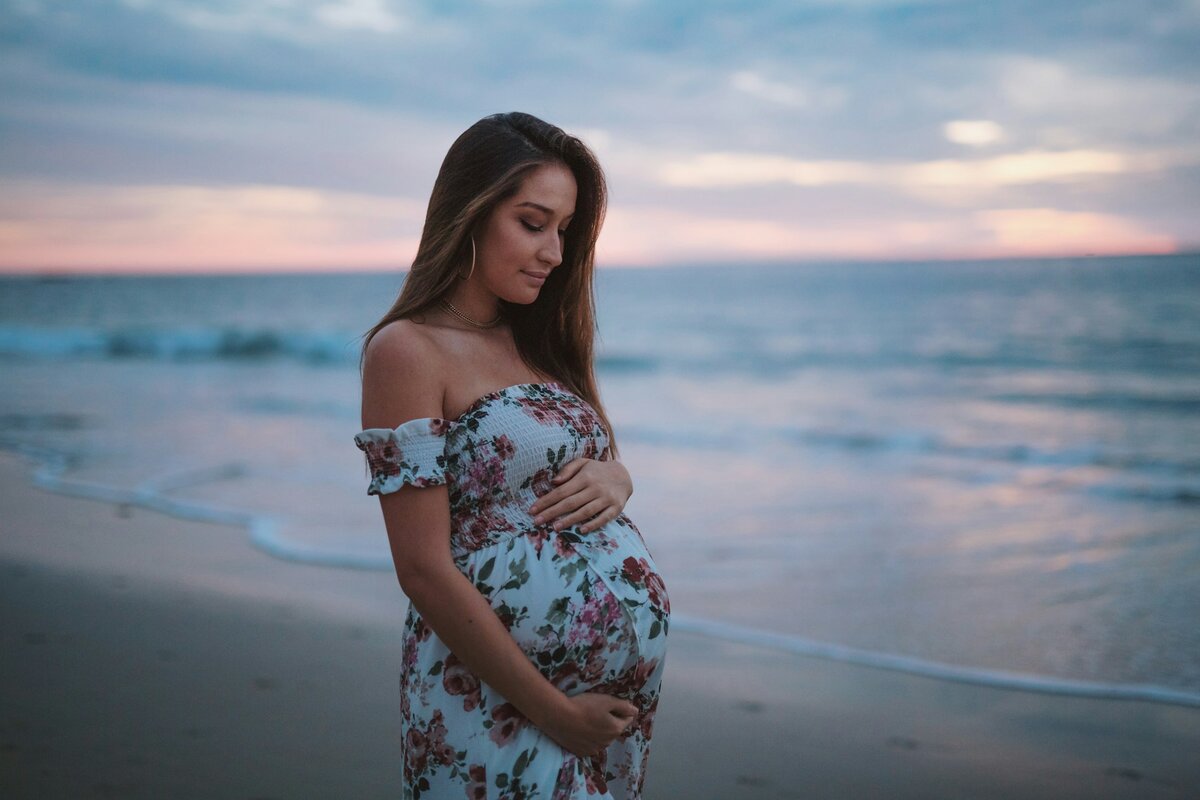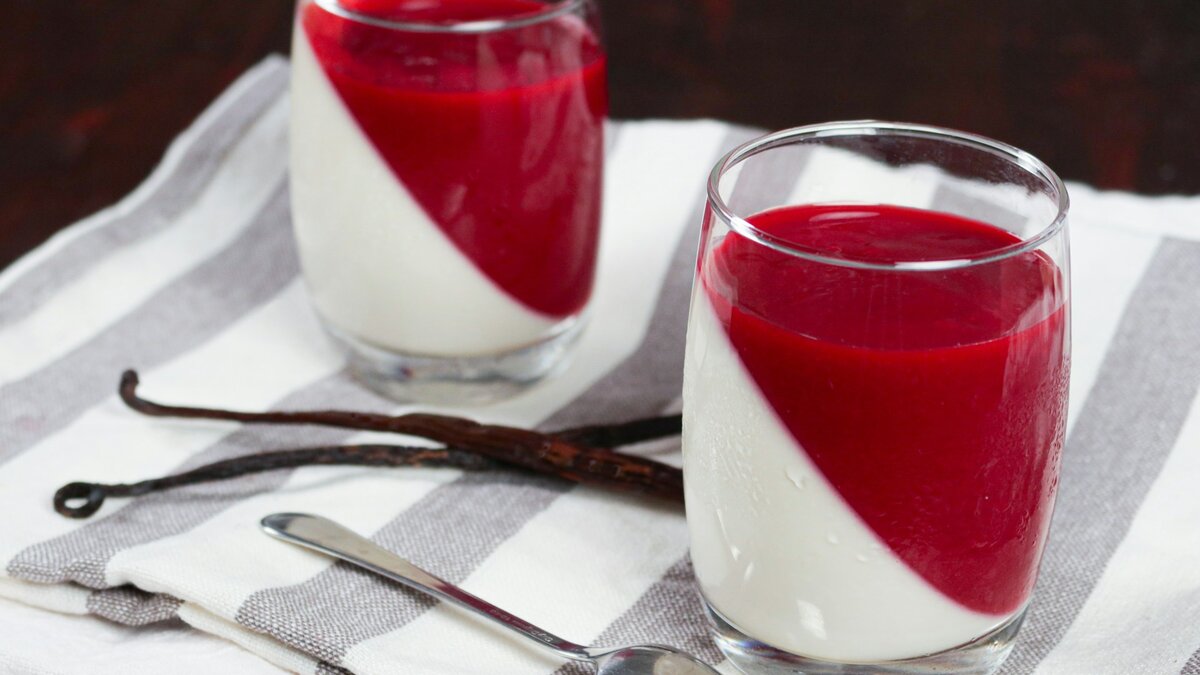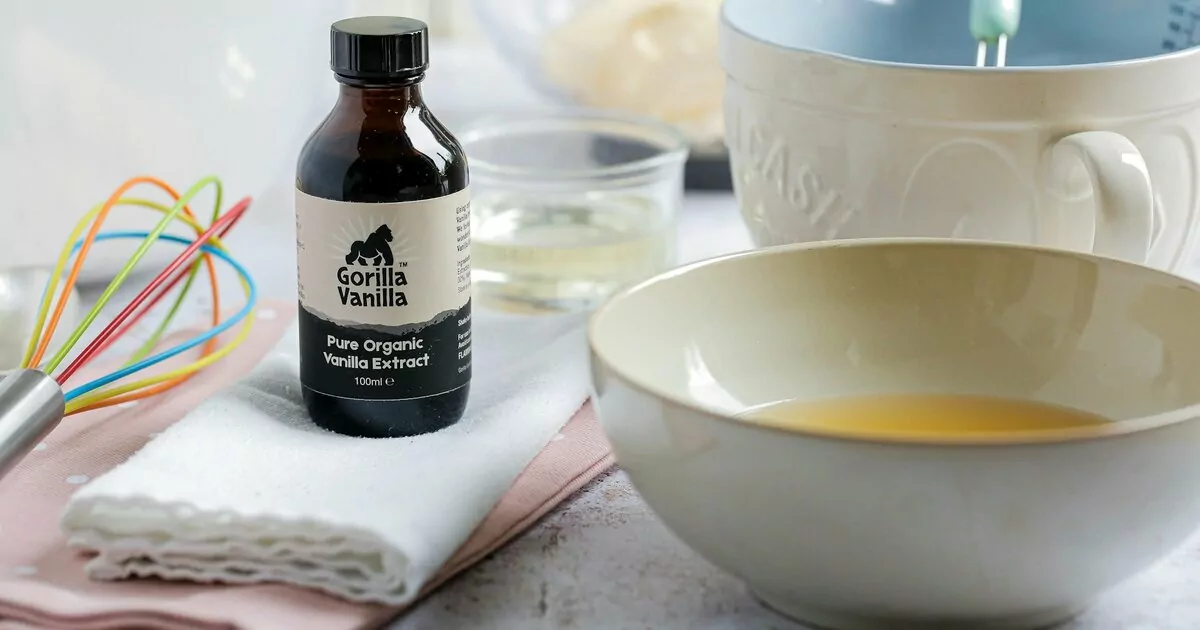When you’re expecting, every bite and sip you take matters—not just for your health but for your baby’s development as well. Vanilla extract, a common flavor enhancer in sweet treats and baked goods, might be under your scrutiny now. It’s natural to question what’s safe as you navigate the do’s and don’ts of pregnancy nutrition. Understanding how vanilla extract fits into a pregnancy-safe diet, and the details of its safety and health implications, can help you make informed decisions about indulging in your favorite vanilla-flavored comforts.
On this page:
Decoding the Ingredients in Vanilla Extract
When you’re considering vanilla extract pregnancy safety, it’s important to know what’s inside the bottle you pick up from the store shelf. But if you’re pregnant, knowing exactly what you’re consuming is vital. Typically, vanilla extract is made from a few key ingredients: water, alcohol, and vanilla bean extractives.
Let’s start with the vanilla bean extractives. These come from the vanilla pod, which is the fruit of the vanilla orchid. The extractives contain the flavor compounds that give vanilla its unique and loved taste. One of these compounds is vanillin, which is responsible for the classic vanilla flavor.
Next, there’s alcohol. It’s used in the extraction process as a solvent to pull out the flavor from the vanilla beans. The FDA requires a minimum of 35% alcohol in a product for it to be labeled as a vanilla extract. While the thought of alcohol might raise a red flag during pregnancy, it’s important to note that it’s present in such small amounts in vanilla extract that it’s generally considered to have a minimal impact.
Water makes up the remaining part of the extract. It dilutes the mixture to the desired concentration and helps stabilize the flavor.
Understanding Vanilla Extract Pregnancy Safety
The primary component of vanilla extract is vanillin, which is the compound that gives vanilla its signature aroma and flavor. This compound, when consumed as part of a normal diet, doesn’t pose risks for expectant moms or their babies.
However, the safety profile changes if you’re looking at pure vanilla extract, which contains alcohol. The alcohol in vanilla extract is used to extract the flavor from vanilla beans and is present in small amounts. When you cook or bake with vanilla extract, most of the alcohol evaporates during the heating process, reducing any potential harm. This means that using vanilla extract in baked goods or any recipes that involve cooking is safe for pregnant women since the alcohol content diminishes significantly.

For those few times when vanilla extract is used without cooking, such as in cold desserts or beverages, the amount of alcohol you’d consume is still quite small. Considering that the extract is usually used by the teaspoon in recipes that serve several people, the actual alcohol intake per serving is minimal. Nonetheless, if you’re concerned about any alcohol consumption, you can opt for alcohol-free vanilla flavoring or natural vanilla beans.
Vanilla extract is different from imitation vanilla flavor, which doesn’t contain alcohol but may include other additives or synthetic flavors. Reading labels can help you avoid unwanted ingredients.
Can You Have Vanilla Extract While Pregnant: Health Implications
While there aren’t any major red flags indicating vanilla extract is harmful when expecting, consuming large amounts could introduce too much alcohol into your system. Remember, vanilla extract is made by soaking vanilla beans in alcohol, and this can be a concern for fetal development.
Excessive intake of vanilla extract may lead to a slight risk of developmental issues due to the alcohol content, although the trace amounts typically used in baking and cooking are generally considered safe. Nonetheless, it’s crucial for expectant moms to monitor their overall alcohol consumption from all sources, vanilla extract included.
Another point to consider is the high concentration of vanillin in synthetic vanilla extracts, which, in large doses, might be overwhelming for the body. While vanillin isn’t inherently dangerous, its artificial counterparts used in some vanilla flavorings haven’t been studied extensively for pregnancy-related effects, so it’s wise to stay on the side of caution.
Any additive or preservative found in processed vanilla extracts could potentially pose a risk if consumed in significant quantities. These substances might cause allergic reactions or digestive upset in some individuals, which is an additional discomfort no expectant mother wants to face.
Recommended Vanilla Extract Intake for Expectant Mothers
The typical use of vanilla extract in recipes usually results in a very small amount per serving, which is considered safe for pregnant women. For instance, adding a teaspoon of vanilla extract to a batch of cookies or a cake, which yields multiple servings, distributes the extract thinly throughout the entire recipe.
However, there isn’t a one-size-fits-all recommendation for the amount of vanilla extract that is safe for every pregnant woman. Factors such as individual health, dietary restrictions, and pregnancy-related sensitivities can influence how much vanilla extract a person can safely consume. It’s wise to discuss individual concerns with a healthcare provider.
The alcohol content in vanilla extract, which is typically around 35%, can also be a concern for some expectant mothers. The good news is, during the cooking or baking process, most of the alcohol in vanilla extract evaporates, reducing the potential for harm. But for those who prefer to avoid alcohol completely, there are alcohol-free vanilla extracts available on the market, which can be a safer choice during pregnancy.
When using vanilla extract, pregnant women should also be cautious of the quality of the product they choose. Pure vanilla extract, as opposed to imitation vanilla, is preferred because it’s made from natural vanilla beans without added synthetic chemicals.
Flavorful and Safe Alternatives to Vanilla Extract for Pregnancy
One great choice is almond extract. With a nutty flavor that’s both sweet and rich, almond extract can provide a depth of flavor to baked goods without the alcohol found in many vanilla extracts. Just a few drops can pack a punch, so you’ll want to use it sparingly.

Considering vanilla extract pregnant women often seek alternatives, for a citrusy zing, they might consider lemon or orange zest. The grated peel adds a fresh and tangy flavor to your dishes, perfect for brightening up muffins or cookies. It’s a wonderful way to infuse flavor without any additives.
Maple syrup is another fantastic option. Its natural sweetness and unique taste can complement a variety of recipes, from oatmeal to yogurt. Look for pure maple syrup to avoid additives and artificial flavors that can come with imitation versions.
Spices like cinnamon and nutmeg offer a warm and comforting taste, ideal for adding to beverages like hot cocoa or to sprinkle on top of fruit. They’re completely alcohol-free and can be easily adjusted to suit your taste preferences.
Choosing Vanilla Extract Pregnant-Friendly Options for Recipes
You’ll want to look for pure vanilla extract on the label—this means it’s made from vanilla beans and alcohol, with no added sugar or synthetic flavors. It’s also a good idea to check for any other ingredients that might not be pregnancy-safe.
Using vanilla extract in cooking or baking is generally safe because the alcohol cooks off during the process, leaving behind only the vanilla flavor. But if you’re adding it to uncooked dishes, consider using an alcohol-free version or a vanilla bean pod instead. Just split the pod open, scrape out the seeds, and mix them into your recipe for a natural burst of flavor.
Vanilla extract has a strong flavor, so a little goes a long way. Stick to the recipe’s recommended amount—usually just a teaspoon or two should do the trick. This way, you can enjoy the taste without going overboard.
Make sure you store your vanilla extract properly. Keep it in a cool, dark place like a pantry shelf. A tightly sealed bottle will help it stay fresh and potent, making it last longer and ensuring every drop adds the perfect touch to your pregnancy-safe treats.
Expert Views on Incorporating Vanilla Extract into a Pregnancy Diet
Nutritionists discussing ‘can you have vanilla extract while pregnant’ point out that pure vanilla extract contains alcohol, used to extract flavor from vanilla beans. Even though the alcohol content is minimal when vanilla extract is used in baking or cooking – as the alcohol typically evaporates during the process – pregnant women are often advised to be cautious with any form of alcohol intake.
Dietitians suggest that if expectant mothers enjoy the flavor of vanilla, they can safely use it in their diet by opting for alcohol-free vanilla flavorings or by making sure it’s thoroughly cooked into dishes. They also recommend checking labels for the presence of additional ingredients like sugars or additives that may not be desirable during pregnancy.
Medical professionals, including obstetricians, usually focus on the bigger nutritional picture. They emphasize a balanced diet rich in essential nutrients and advise that flavorings and additives should take a back seat to whole foods. However, they also recognize that small indulgences like a dash of vanilla in oatmeal or yogurt can make nutritious foods more appealing to pregnant women who may be struggling with food aversions or morning sickness.
Common Concerns About Vanilla Extract and Pregnancy
One common concern is the alcohol content in vanilla extract, as it’s often used in baked goods and desserts. It’s important to understand that during the baking or cooking process, the majority of alcohol in vanilla extract typically evaporates. This leaves behind the vanilla flavor without the alcohol content that could potentially harm a developing baby.
Another concern is the source of the vanilla itself. Some might worry about artificial ingredients or chemicals. However, if you’re opting for pure vanilla extract, it’s made from natural vanilla beans and should not pose any risk when consumed in normal culinary amounts. It’s also reassuring to know that the FDA regulates the production of vanilla extract to ensure safety and quality.
There are also questions about whether vanilla extract can cause contractions or affect the baby’s development due to its natural compounds. There’s no scientific evidence to support these concerns. Vanilla extract is widely considered safe for pregnant women when used as a flavoring agent in moderation.
Key Takeaways for Expectant Mothers
The key takeaway is that vanilla extract, when used in moderation, is generally safe for expectant mothers. The critical point is to be mindful of the quality and quantity of vanilla extract you’re consuming. While it can add a delightful flavor to your dishes, it’s important to prioritize safety by choosing high-quality, alcohol-free versions if possible. Pay attention to your body’s responses to different ingredients and discuss any concerns with your healthcare provider. Moderation is key, and there are plenty of safe and tasty alternatives to explore during your pregnancy journey.
